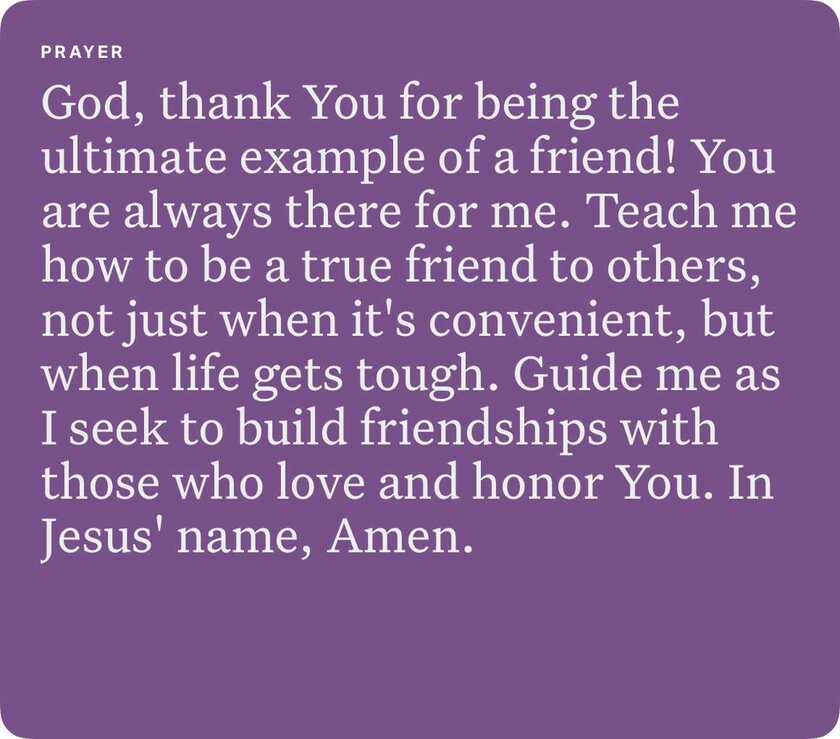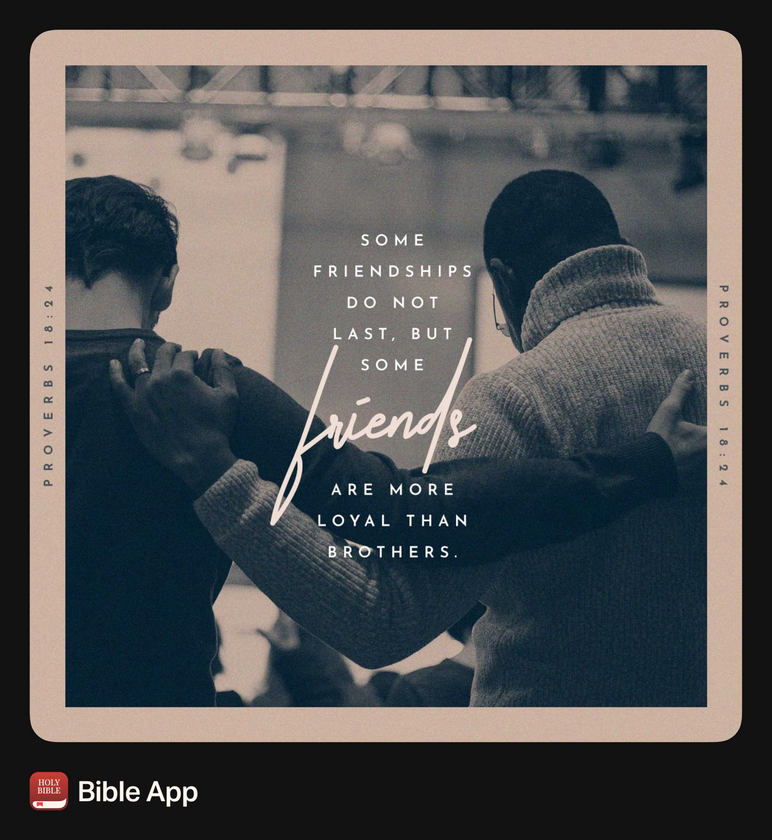I will share about Christian books I have read or listened to.
I will be sharing about my life before and after Christ. I will include stories about my pet and other pets I have encountered.
You’ve been set free!
If you’ve ever been in debt (or known someone who has), you know the impact it has on a person. When you’re in debt, your money, time, or resources aren’t your own—they’re continuously being taken from you, and often with interest.
No one wants to be enslaved to a lender, and yet—every one of us has owed a debt we could never pay off.
The ancient Greek word for “sin” means “to miss the mark.” It was originally used to describe an archer’s arrow that didn’t hit the center target. In archery, it didn’t matter whether your arrow was close to the mark or far from it. If you didn’t hit the center, you lost.
In Scripture, the “mark” is the standard God asks us to aim for—but we all miss it. We miss it when we choose selfishness over humility, and anger over gentleness. We miss it when we lie, cheat, steal, slander, complain, and gossip. We miss it when we tear people down, and disobey God’s command to love others. Sin prevents us from becoming the people God created us to be.
But the good news is: Jesus saved each of us by sacrificing Himself for our mistakes. We couldn’t pay off our debt of sin in a million lifetimes, but He freed us from it in one moment.
And because He paid our debt, He wants us to live as free people.
When we pursue anything that separates us from God’s Spirit—whether through legalistic actions or lawless decisions—we act like Jesus hasn’t set us free. But when we choose to love others like Jesus loved us, it shows we value Jesus’ sacrifice and want to embrace the freedom He bought for us.
So how do we live free?
We accept that what Jesus did was enough for us, and then we commit to loving Him.
As our love for God grows, His Spirit helps us unconditionally love others. Instead of holding a grudge, the Spirit helps us forgive. Instead of hurting someone, the Spirit helps us encourage people. Instead of using people, the Spirit inspires us to humbly serve.
The more we love, the more we embrace our freedom—and because of God’s love, nothing can take our freedom away.
True Friendship
Would you rather have hundreds of “friends” who know you, but don’t really know you—who call you a friend, but only when it’s convenient? Or, would you rather have one true friend who always sticks by your side?
The writer of Proverbs, typically attributed to King Solomon, said this:
“There are “friends” who destroy each other, but a real friend sticks closer than a brother.”
Proverbs 18:24 NLT
Some friends come into our lives because of proximity: you work at the same business, your kids go to the same school, or you frequent the same places. But just because you know someone’s name and follow each other on social media, doesn’t mean you’re true friends.
When it comes to genuine friendship, quality over quantity is key.
Even the truest of friends will occasionally let you down, because no one is perfect—except Jesus. He is the truest friend of all.
Learning from Jesus’ example, there are certain characteristics that ...















